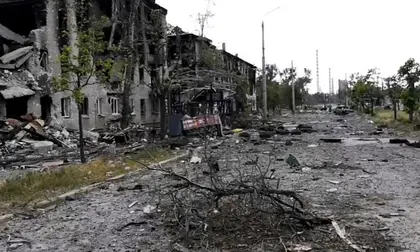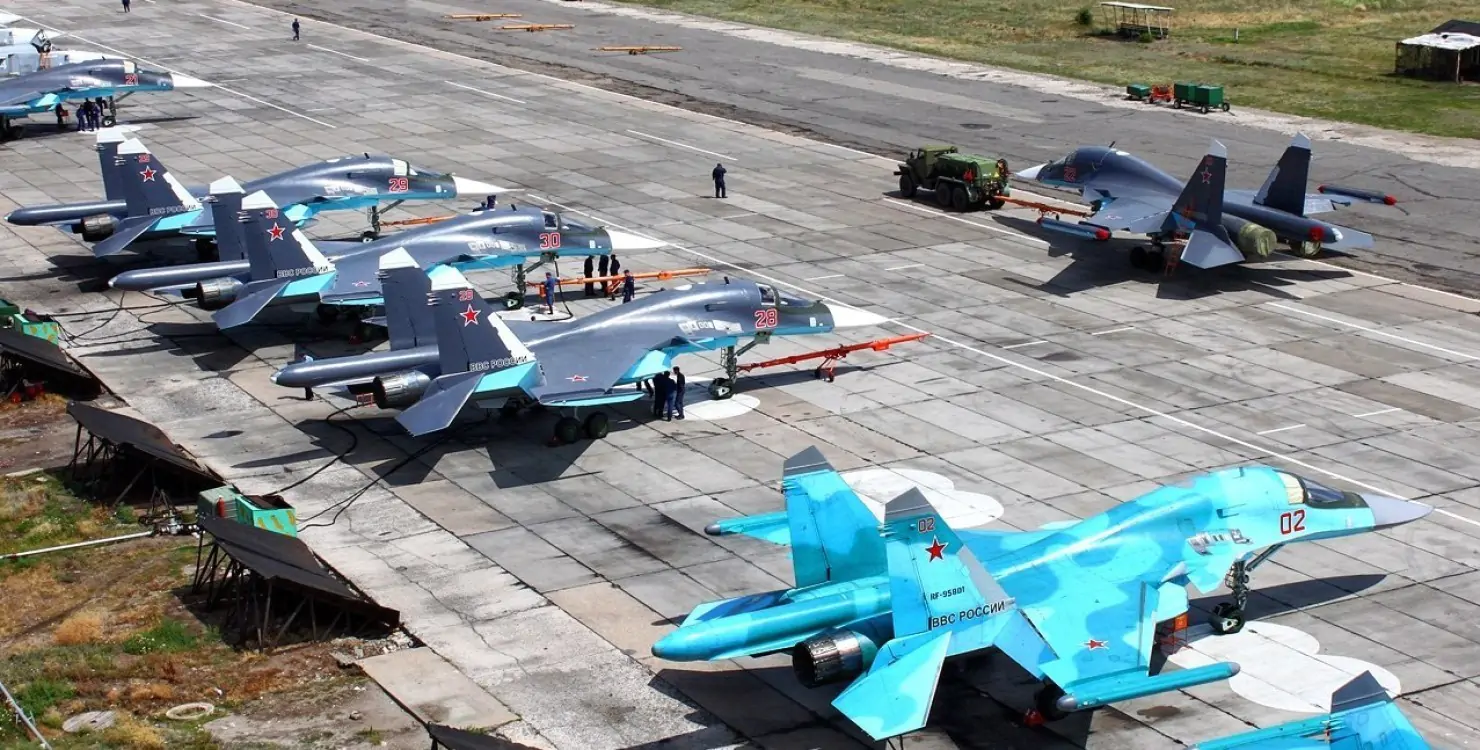Russia’s conquests in the east of Ukraine are piling up. After the Luhansk region came almost entirely under Russian control with the fall of Lysychansk on Monday, Moscow’s troops are advancing on the last cities still under Ukrainian control in the Donetsk region. For Europe’s press, however, the outcome of the war is still not clear.
Today, Europe’s press debates the fierce ongoing battles in the east of Ukraine and debates the question of whether or not the Donbas will fall under Russian control. Here are some opinions from a selection of European publications presented by eurotopics.
JOIN US ON TELEGRAM
Follow our coverage of the war on the @Kyivpost_official.
Time working against Moscow
wPolityce sees Russia’s reserves melting away:
“Russia’s industrial capacities are insufficient to replace the military weapons and equipment that have been lost, and this means that the armed forces’ capabilities will decline over time. Even ignoring Russia’s dependence on imported components and electronics for military purposes – which according to the British is considerable – it looks as if Russia’s advantage in terms of firepower is slowly shrinking. … If the fighting continues at this level of intensity, the Ukrainian side continues to hold out, and the Russians suffer losses similar to those in the first phase of the war, it could take them more than a decade to rebuild their military potential.”
A blow to combat morale
Above all psychologically, the fall of Lysychansk is a major defeat for Ukraine, writes the Süddeutsche Zeitung:

Ukrainian HIMARS Attack Blasts Russian Mobile HQ
“Because Zelensky and his general staff had loaded the attempt to hold Severodonetsk and Lysychansk, which has entailed great losses, with as much significance as the last days of the final fighters in the Azov steelworks in Mariupol. It wasn’t just about square kilometres and strategy, but also about the feeling: we can do this. … It will now be even harder for the Ukrainians to do what in the language of war is called keeping morale high. … Support for the leadership in Kyiv is still enormous, as is the willingness to go to battle. But time is on the side of the Russians, as it has been in previous big wars.”
World peace still under threat
Putin is betting on a war of attrition, columnist Cristian Lisandru writes in Gândul:
“It’s true that the ‘targets’ have changed over time. Now the siege of Kyiv has become a distant memory, while the Donbas region has become the Kremlin’s ‘priority’. A war of attrition, of course, makes such strategies possible. The red flags are moved on the map according to the interests of the moment. Vladimir Putin still wants a ‘chunk’ of Ukraine. … Unfortunately, I don’t think Putin is putting all his cards on the table either. … That’s why world peace is trembling over an arena in which not only accusations but also murderous long-range missiles are hurtling back and forth.”
Loss of Donbas could save Ukraine
If Russia were to call a ceasefire after the conquest of Luhansk and Donetsk, it would be a welcome move, writes liberal MEP Bernard Guetta in L’Opinion:
“After a ceasefire, Vladimir Putin could prepare for a new offensive, but Ukraine, which would come to be called Western Ukraine, and which would quickly reconnect with its distant past as a European power, would be able to counter the Kremlin with a thriving, young and free democracy – a freedom and a European feeling that the new Russian middle class in the big cities so longs for. A ceasefire would get Vladimir Putin out of the impasse he is currently in, while Ukraine would escape destruction.”
Smiling from the sidelines
The only winner in the war will be China, Népszava predicts:
“Russia made do without the Western development model and a middle-class standard of living – which is called ‘European’ in those parts – for decades. … Ukraine would need 500 billion to one trillion euros for reconstruction, but it won’t receive that much. The wounds will hurt for a long time, and added to that there will be considerable bitterness because of the lost territories and population, as well as rampant political instability … The EU will be busy for years restructuring its energy imports and industrial exports, a task fraught with difficulties. … China, meanwhile, will look on smiling from the sidelines while its rivals weaken each other.”
You can also highlight the text and press Ctrl + Enter






